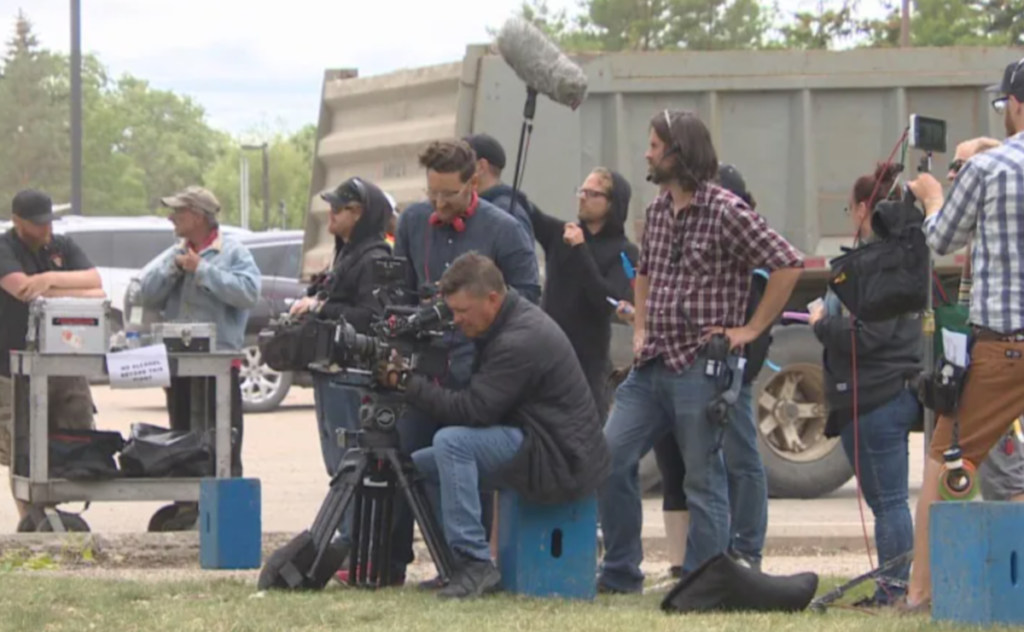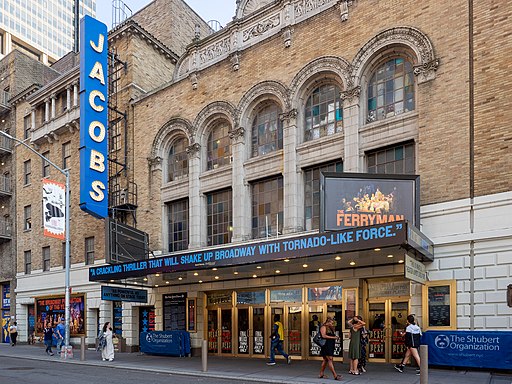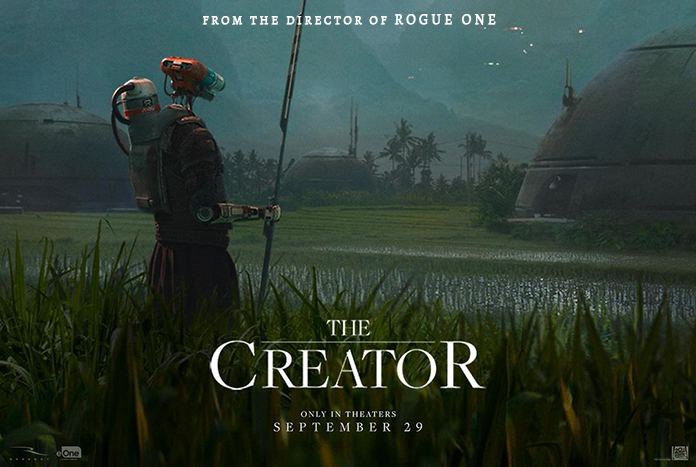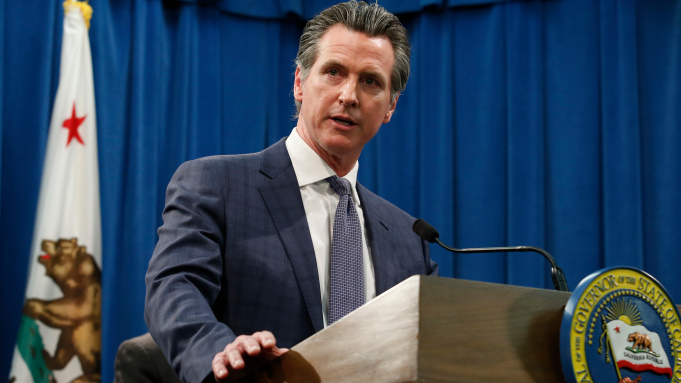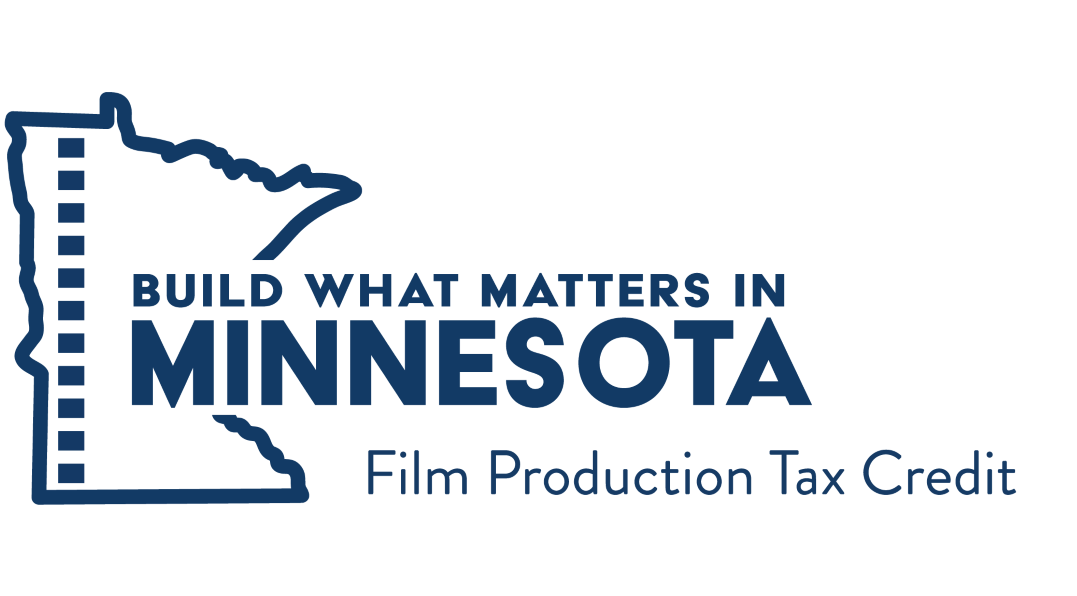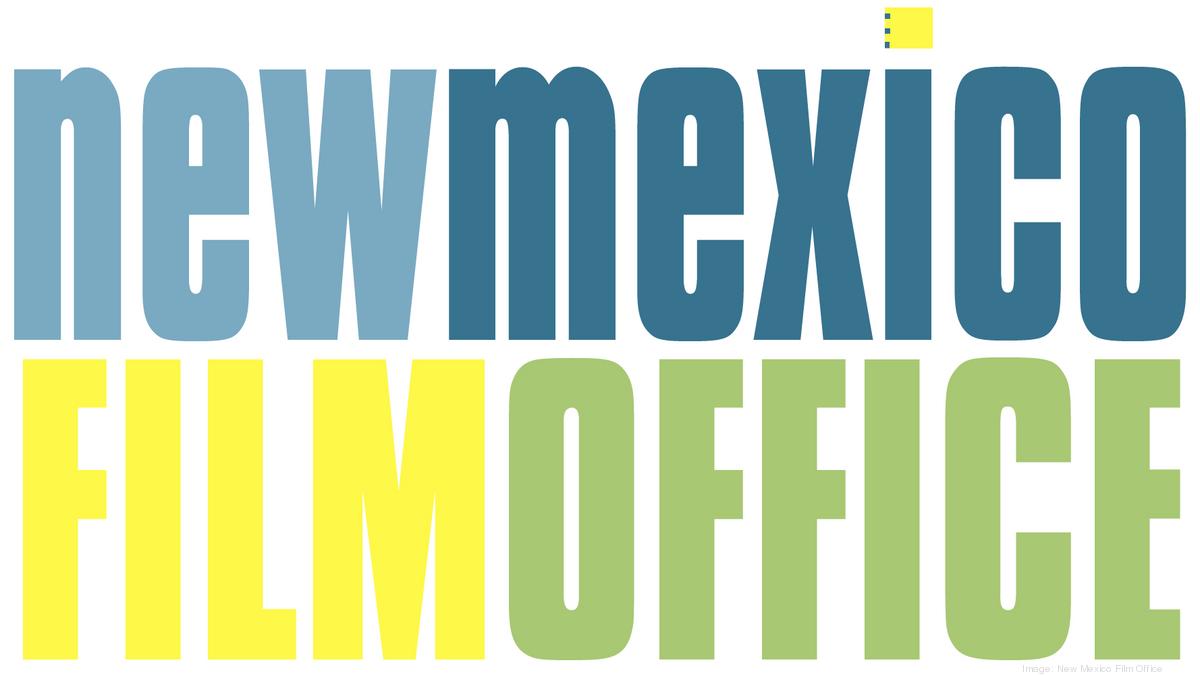Sask. Government Commits $7.5M More to Film and TV Production
(cbc.ca)
Grant increased from $2M to $17.5M in just 1 year.
The Saskatchewan government’s is further boosting the film and television industry with an additional $7.5 million for Creative Saskatchewan’s production grant.
In the 2022-23 budget, the grant was increased from $2 million to $10 million. The additional $7.5 million, announced Thursday, puts the total commitment to the grant at $17.5 million for this year alone.
Minister of Culture Laura Ross made the announcement at the John Hopkins Regina Soundstage.
Ross said 13 projects received a portion of the initial $10-million grant.
“We know this additional investment of $7.5 million will continue this momentum, help grow our labour force, increase tourism, and support our arts and cultural sectors alongside so many other important industries.”
In August, Creative Saskatchewan and the government announced the television series King of Killersreceived $8 million of the $10 million available in the grant. It was allowed to surpass the $5-million funding threshold because the project was deemed to have a “significant impact to the local economy.”
“An investment of this calibre is estimated to result in approximately $32 million in economic activity for Saskatchewan,” said Erin Dean, CEO of Creative Saskatchewan.
“This includes significant opportunities for Saskatchewan’s hospitality and services sector. Productions need accommodations, food and beverage services, costumes, props, skilled trades labour, legal and accounting support, and so much more.”
Ross said the province decided to up the grant because of high demand.
She said the total was allocated in just four months and that Creative Saskatchewan made the case that additional funding could build momentum and generate economic activity.
Dean said the process for receiving grant money is based on eligibility and “first-come-first-serve.”
She said projects receiving money so far include seven documentary series, a sketch comedy series, two children’s series and two dramatic series.
Dean said productions based outside of the province must partner with a local company to receive funding.
Filmmaker and principal of Wavelength Entertainment Chris Triffo said the additional money is “just the beginning” for the industry in the province.
“There’s never been a time in my career where there’s been such a hunger for content and any jurisdiction that is open for business will get some of that content and some of that capital,” Triffo said.
Triffo said the industry needs to build its workforce in the province, but that continued investment could do so quickly.
“The hope is that there will be 140 to 150 jobs that are created throughout the year and then every year after that it should start doubling and ideally we can get into the thousands,” Triffo said.
“Some of the other jurisdictions have [40,000 to 200,000] that are working and we hope as the government continues to support the industry that we will have more and more workforce here.”
‘The future looks great,’ filmmaker says
The provincial government decided to scrap the old film employment tax credit, which provided up to 55 per cent of the labour costs in film and video productions, in 2012.
The decision forced the majority of those in the industry in the province to move to other jurisdictions.
A study conducted by the SaskFilm and the Saskatchewan Chamber of Commerce found that from 1998 to 2012, the film industry generated more than $500 million in economic activity after government expenses, or more than $36 million in annual economic activity.
A report from 2020 by Statistics Canada showed that the operating revenue generated by film, television and video productions in Saskatchewan in 2007 was $42.2 million. By 2019, the revenue had fallen to $17.2 million.
Ross said the benefit of the grants being provided by the government is the “money all stays here in Saskatchewan, so there isn’t any bleed off.”
Ross said the former program “was not serving the film industry as well as the program today. This is totally different.”
“It is the best time to be in Saskatchewan in the film industry,” Ross said.
Triffo was asked about the decision to eliminate the tax credit a decade ago and said he preferred to look forward.
“Nothing that can be gained looking back at that. Today is a new day and the future looks great.”
By: Adam Hunter

